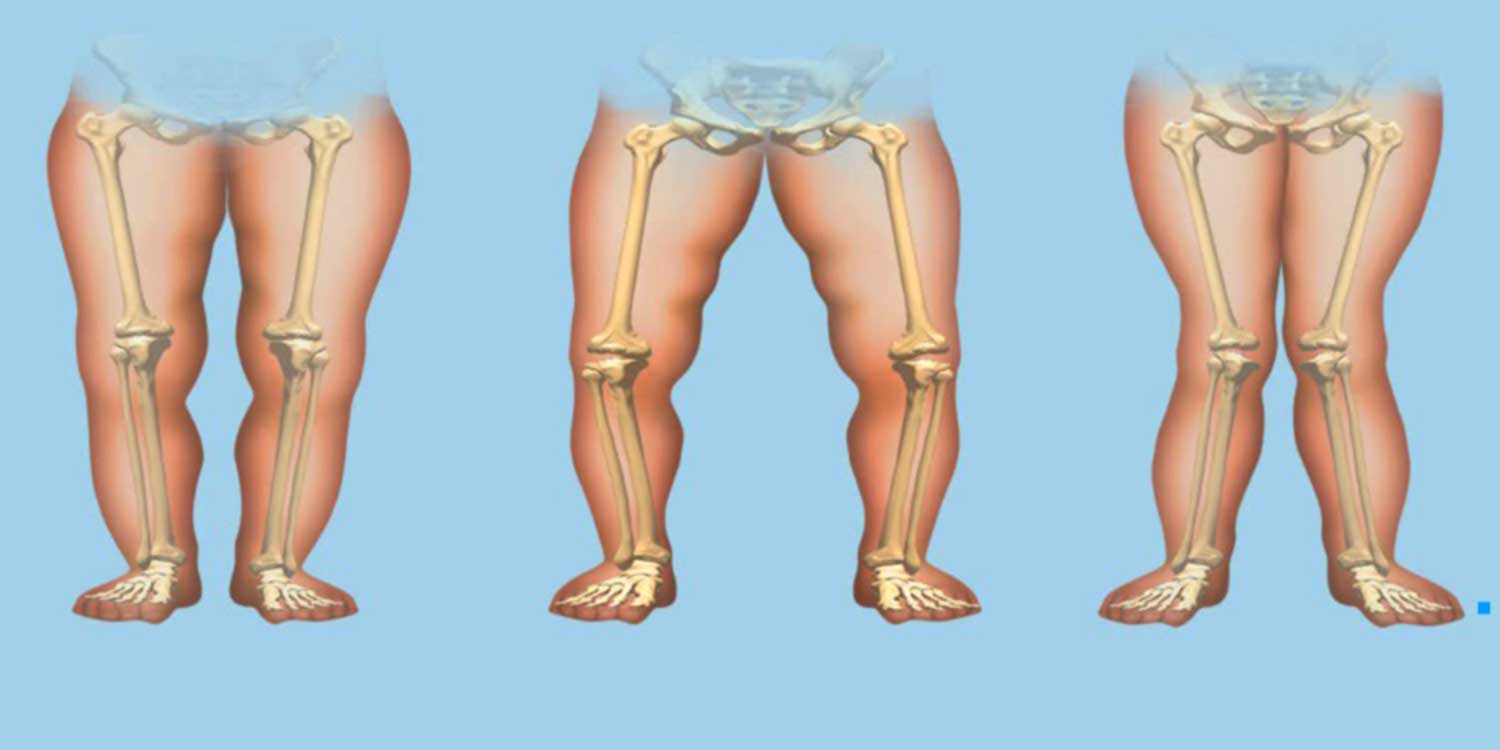Rickets is a bone disorder in which the child’s bones are softer and more sensitive, resulting in fractures and deformities. It is most often caused by:
- Reduced consumption of milk, leading to decreased calcium intake
- Vitamin D deficiency due to poor nutrition or lack of exposure to the rays of the sun.
Rickets can be mild, moderate or severe.
What are the symptoms of rickets?
Infants with rickets often have convulsions, a very soft skull, and disfiguration of the chest makes them more susceptible to respiratory infections. They also exhibit slow growth and weak muscles, making it difficult to stand and walk. Gradually, over the years, the other bones become softer, causing deformities in the legs, and in more severe cases, in the spine. There are also significant effects on teeth, which develop late.
How is rickets diagnosed?
Diagnosis is based on a clinical examination of the child, lab tests and x-rays.
How is rickets treated?
The doctor strives to determine the cause of the disease and then eliminate it. For example, when rickets is due to a Vitamin D deficiency, the vitamin is administered and the child’s diet is adjusted.

